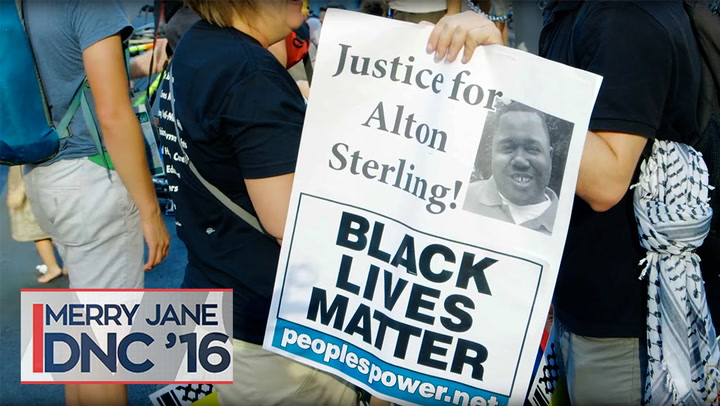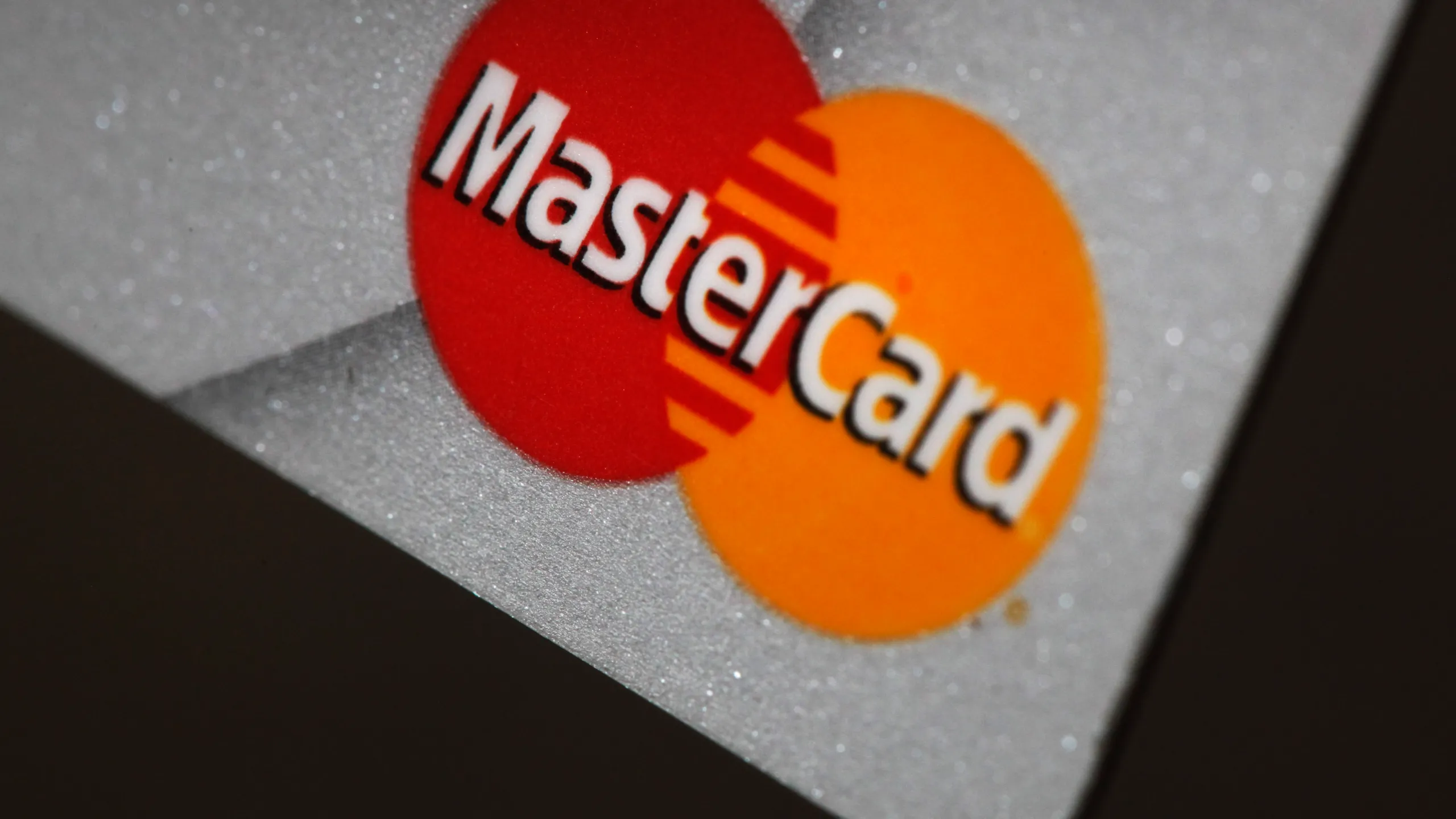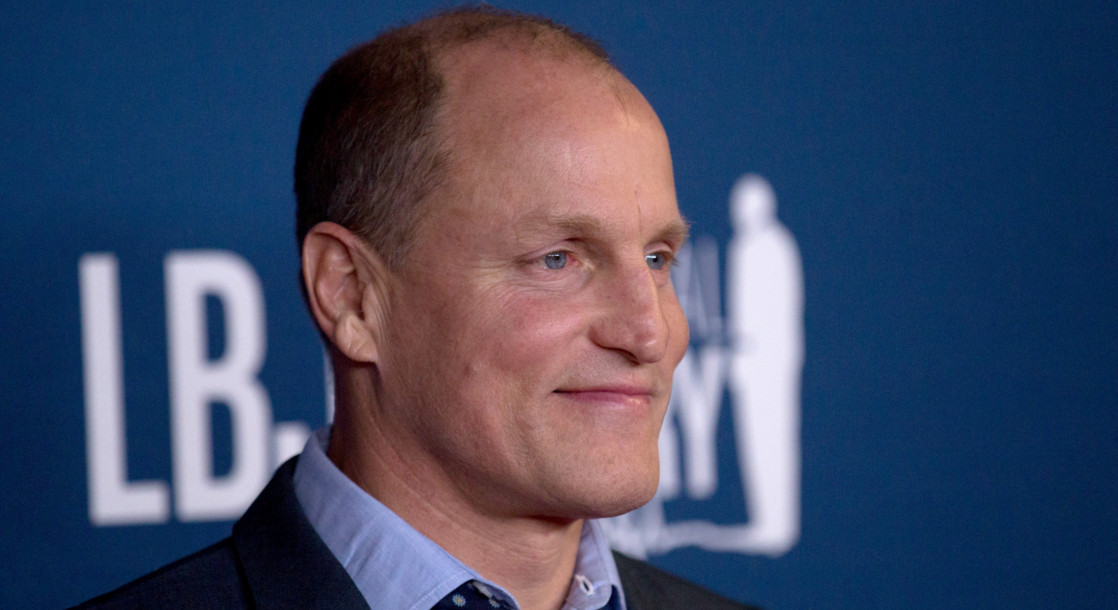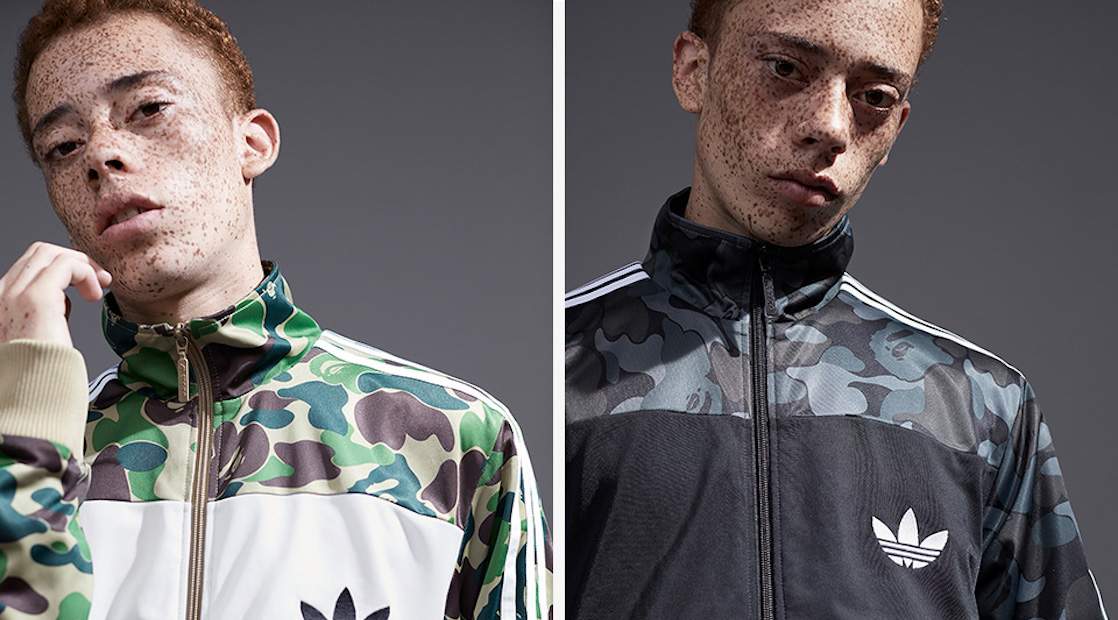Protesters took to the streets of Philadelphia voice deep concerns over societal problems including police brutality – the brunt of which targets minority communities.
“Black lives matter,” one man said. “That’s all I gotta say. Black lives matter.”
When asked to elaborate on the slogan, “all lives matter,” he replied: “It doesn’t matter until black lives do.”
As the crowd marched on chanting, we encounter a caucasian man, his sign reads, “white silence = violence.”
The man went on to criticize New York City’s stop and frisk policies, a type of limited search when police confront a suspicious person in an effort to prevent a crime from taking place. The police question the person and pat them down in search of weapons and drugs.
But what deems a person suspicious? “…the color of their skin,” he said, noting that it didn’t seem right.
One man discussed the prevalence of law enforcement at the Democratic National Convention. “There is a lot of overtime being paid,” he said. “We need funding in this city of Philadelphia to help us stop closing our schools.”
Still, there was an underpinning of hope among the protesters. “I think the country is just now starting to try and talk about some things…”
Inside the Wells Fargo Convention Center last night, where the DNC is being held this week, former President Bill Clinton advertised his wife better than she does. He called her a “changemaker” and discussed her stalwart pursuits in healthcare as First Lady – topics that might not resonate with the Black Lives Matters protesters.
As President, Bill Clinton oversaw an expansion of the prison industrial complex and continuation of the War on Drugs largest spearheaded under Ronald Reagan’s presidency. Mr Clinton endorsed the bipartisan “Crime Bill” of 1996, which focused on punishment, not crime prevention.
Under the bill, the death penalty was extended to multitudinous new criminal offenses. It provided $8 billion for the building of new prisons. Criminologist Todd Clear wrote for the New York Times about the crime bill, highlighting how harsher sentencing had added 1 million to the prison population since 1973. The US leads the world in incarceration rate.
“Why,” Clear asked, “do harsh penalties seem to have so little to do with crime?” He argued that “police and prisons have virtually no effect on the sources of criminal behavior.” He cited the statistics: “About 70 percent of prisoners in New York State come from eight neighborhoods in New York City. These neighborhoods suffer profound poverty, exclusion, marginalization and despair. All these things nourish crime.”
Under a calescent Philadelphia sun, marijuana activists marched a giant 51-foot inflatable joint approximately 4.2 miles through downtown Philadelphia on Monday afternoon, just hours before the Democratic National Convention’s opening night.
Approximately 25 people carried the giant joint from City Hall to the Wells Fargo Center, where the Convention is being held this week.
Big crowds watch as activists inflate the giant joint, and topless women, wearing pot leafs over their bosoms, posed for selfies and handed out informational leaflets. The protesters said they wanted cannabis descheduled federally and legalized.
Pot industry executives and Democratic governors have mingled during the Convention. The Democratic Party has promoted its “pathway to future legalization” of marijuana. The party called for the drug to be rescheduled in the Controlled Substances Act.
“I think the war on drugs is a direct reason for the disconnect between law enforcement and our communities, and we can not begin to rehabilitate the attitude towards law enforcement until we fix the prosecution of marijuana use,” a young woman told MERRY JANE while carrying the 51-foot joint.











